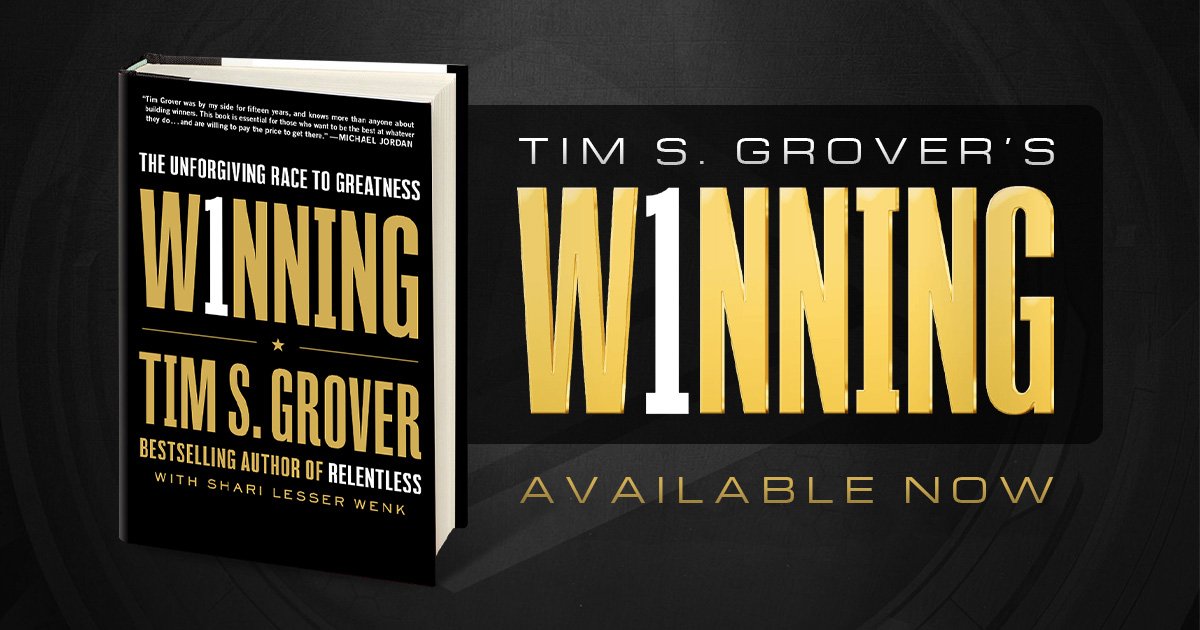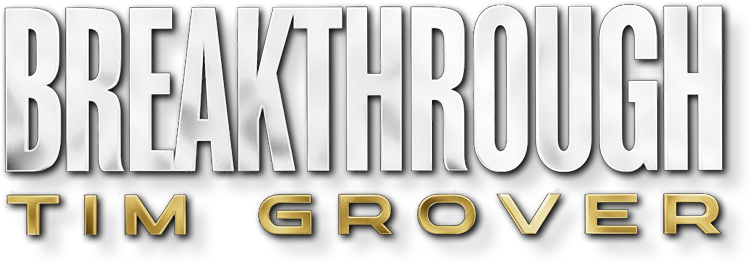I’m often asked if I “allow” my players to drink alcohol. I’ll be honest: They don’t need my permission. They’re pro athletes who have to make their own decisions about how to protect their bodies and careers. These are grown adults, and like many adults, they like to relax once in a while; they’re no different from anyone else. But I draw the line at this: if they’re going to drink, they have to be in control of the alcohol. The alcohol can’t control them.
Do I recommend it? No—the only alcohol I want around athletes is the kind you use on a wound to clean it. There’s not a single benefit to consuming alcohol, and every reason not to. It has zero nutritional benefits, interferes significantly with the body’s ability to recover, and as I explain in my training book JUMP ATTACK, it’s literally poison. You’ve heard of alcohol poisoning? What does that tell you? In large quantities, it’s a poison. Even in small amounts, it has an undeniable negative impact on just about every element of your performance. Not just while you’re drinking, but for days afterward, while your body is still working to reverse the damage. Here are just a few of the results:
- Slower reaction time
- Decreased coordination and balance
- Increased and accelerated fatigue
- Impaired recovery time for the entire body
- Sleep disruption
- Reduced fat-burning
We all know people who, when things aren’t going well, immediately reach for the bottle. Then at some point, the bottle begins reaching for them. I’ve seen too many athletes fall victim; you can usually tell when a guy has a great season, then a terrible season, then he’s great again. No injuries, just something unseen that leaves everyone wondering what happened. Well, you don’t just mysteriously lose your skills in a single season. Nine out of 10 times, he started drinking, and then quit. The ones who don’t quit end up drinking themselves out of the game, adding themselves to the long list of ‘Whatever happened to…” athletes.
But I live in the real world, and I know athletes are going to drink. So here’s what I tell my clients: Clear alcohol. Take that Screwdriver or Bloody Mary or Jack & Coke, and get rid of everything except one ingredient: the alcohol. Yes, you read that right. If you’re going to drink, keep the vodka and get rid of the juice and mixers and syrups and sodas or diet sodas. Why? Because you’re adding poison to poison; after alcohol, the second most damaging poison for an athlete is sugar. Clear alcohols like vodka, gin, rum, tequila, whiskey, and scotch have plenty of calories and other evils, but zero carbs. No “light” beer, either. Beer is extremely high in carbs, as is most wine. And the higher your carb intake, the more intense the cravings for more carbs, so you’re consuming even more calories long after you finished drinking. This is your “reward” for killing it in the gym all week? A weekend of hard partying erases a week of hard training.
If you’re going to drink, be smart. One drink, sip slowly. No shots. You can get the desired effect without forcing your body to pay the price. No drinking before or after a workout. No drinking during a game, a timeout, halftime…you think I’m kidding? I’ve seen it all; people who need a drink find a way. If you’re going to drink, wait for an off-day, or at least wait 2-3 hours after you’ve played. If you’re cracking open a beer five minutes after the clock hits 0.00, you’re seriously interfering with your body’s ability to recover from the game. And don’t drink 8-10 hours before you need your body again…unless you’re willing to compete with seriously depleted resources. Please don’t tell me you play just fine under the influence; if that’s true, imagine how much better you’d play without that influence. “Fine” isn’t good enough. If your goal is to be ‘fine,’ you should find something else to do.
Bottom line: Drinking is easy; winning is not. Champions crave the high of excellence more than the high of alcohol.
–TG


